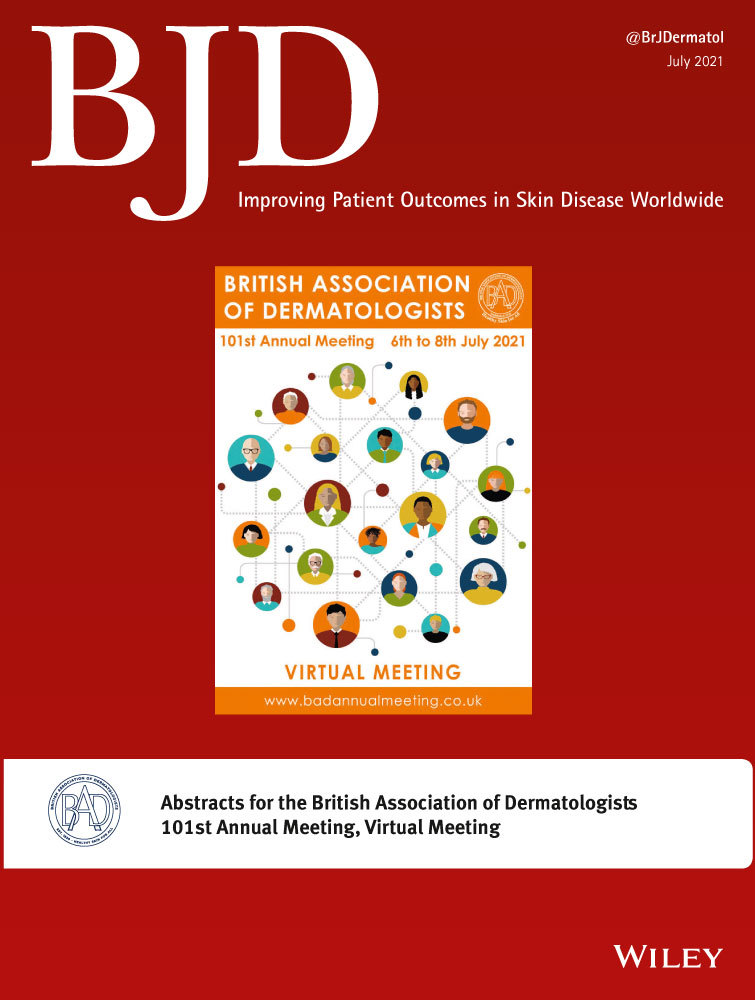DS07: Evaluation of telephone consultations prior to Mohs surgery: the importance of informed consent
A. Brown and E.J. McGrath
Royal Devon and Exeter NHS Foundation Trust, Exeter, UK
The updated General Medical Council (GMC) guidance on consent (2020) states that ‘decision making is an ongoing process focused on meaningful dialogue: the exchange of relevant information specific to the individual patient’. In the UK there are several barriers to this process in dermatology, including short clinic appointments and loss of continuity of care (the surgeon may not have seen the patient in clinic). Many barriers have been exacerbated by the COVID-19 pandemic with the additional challenges of telephone consultations. In light of the GMC guidance we conducted a survey to see what patients recalled of their clinic discussion prior to surgery. Seventy-six responses were received over 2 weeks from patients attending day surgery. The results showed that although the majority of patients received an information sheet on skin surgery there were significant inconsistencies in what was discussed in clinic with regard to alternative options, risks and benefits of surgery and the likely repair. We addressed the problem of inadequate preparation for complex surgery by implementing a new process for patients awaiting Mohs surgery. A senior registrar on the Mohs team contacted patients by telephone 2–3 days before surgery. During the telephone call the process of Mohs surgery, the risks and benefits (including the risk of attending the department during the COVID-19 pandemic), and alternative options to Mohs were discussed. The repair options were discussed in detail. Patients were also advised on transport, provision of victuals, postoperative wound care and the potential necessity of future appointments. The telephone calls lasted 5–12 min (average 6 min 48 s). When patients attended for surgery they were asked to complete a patient survey to evaluate their telephone consultation. Seventeen responses were received from the second survey over 2 weeks. Fifteen patients recalled alternative options to Mohs surgery being discussed prior to attending surgery and 15 recalled the risks of surgery being discussed. All patients recalled discussing the potential options for repair, and all patients felt that they had received adequate information prior to attending their surgical appointment. On a scale of 1–5 (1 being very uncertain and 5 being very confident) patients were asked to rate their confidence in the procedure after their telephone call with the surgeon. The majority rated 5 (n = 13), three scored 4 and one scored 2. Shared decision-making and fully informed consent is critical to effective patient care. It is particularly important prior to complex skin surgery such as Mohs, and patients should have the opportunity to discuss their procedure with a Mohs specialist before surgery. We demonstrated that a telephone call before surgery is an effective and time-efficient method that ensures patients are fully informed and increases their confidence in the procedure.




